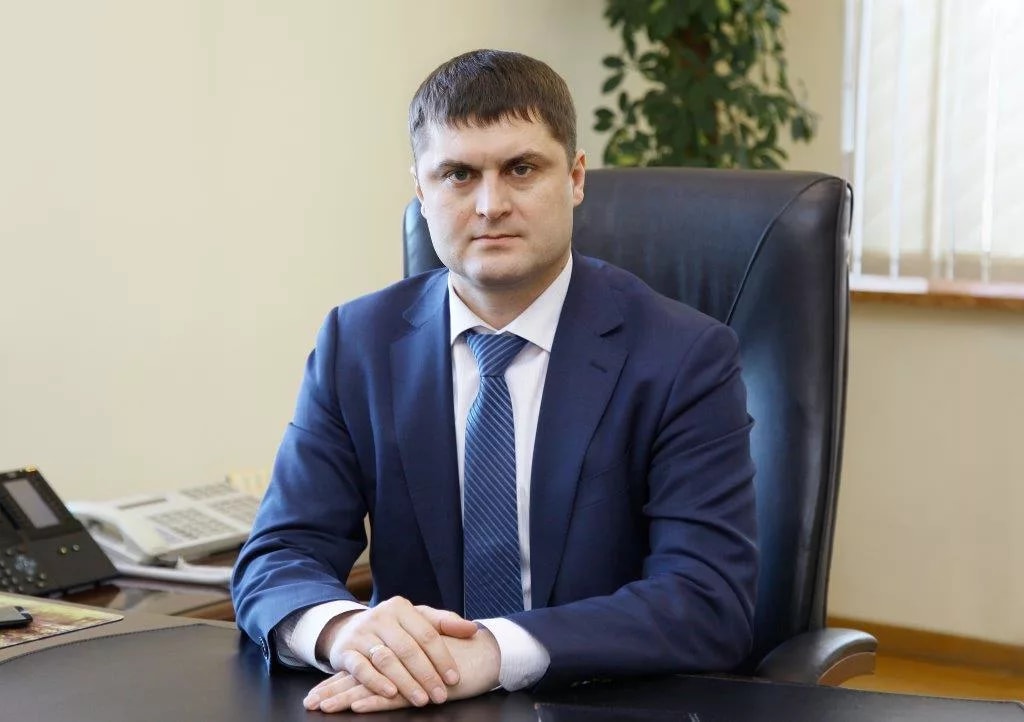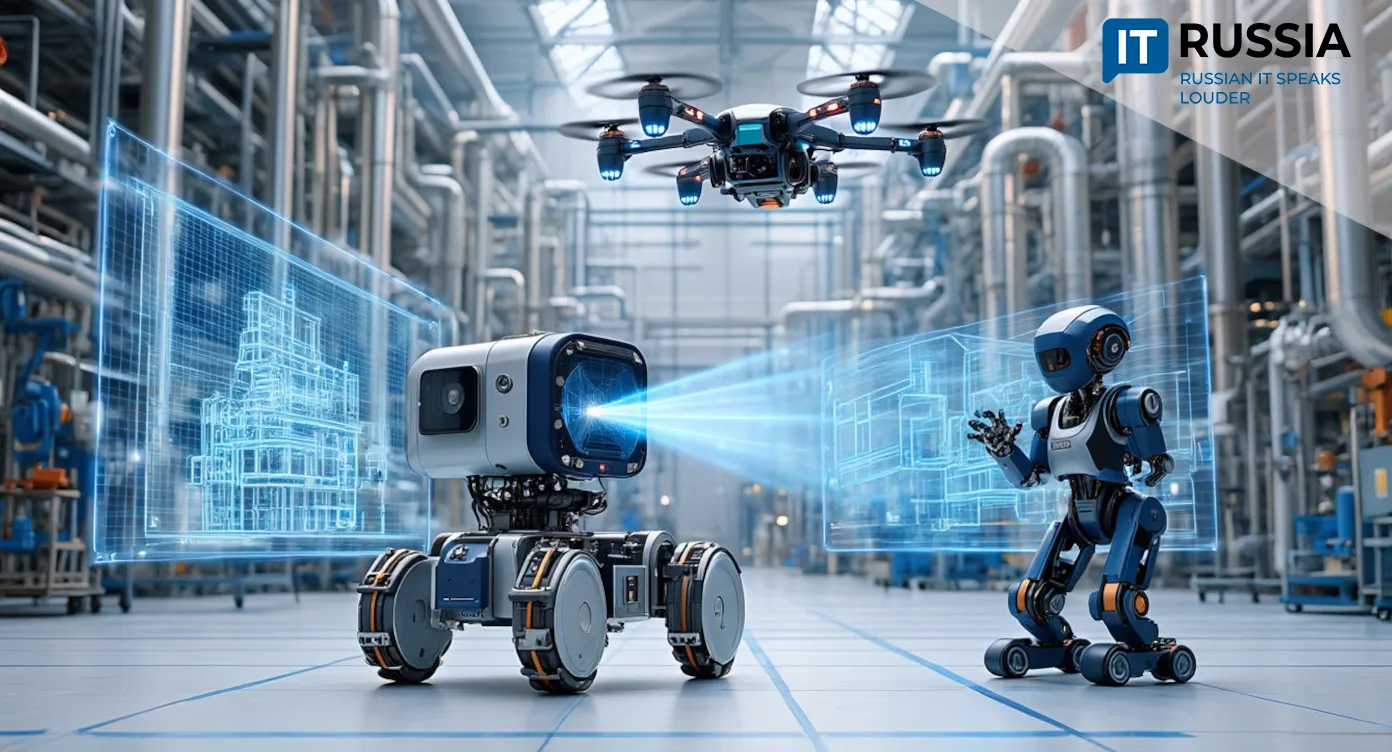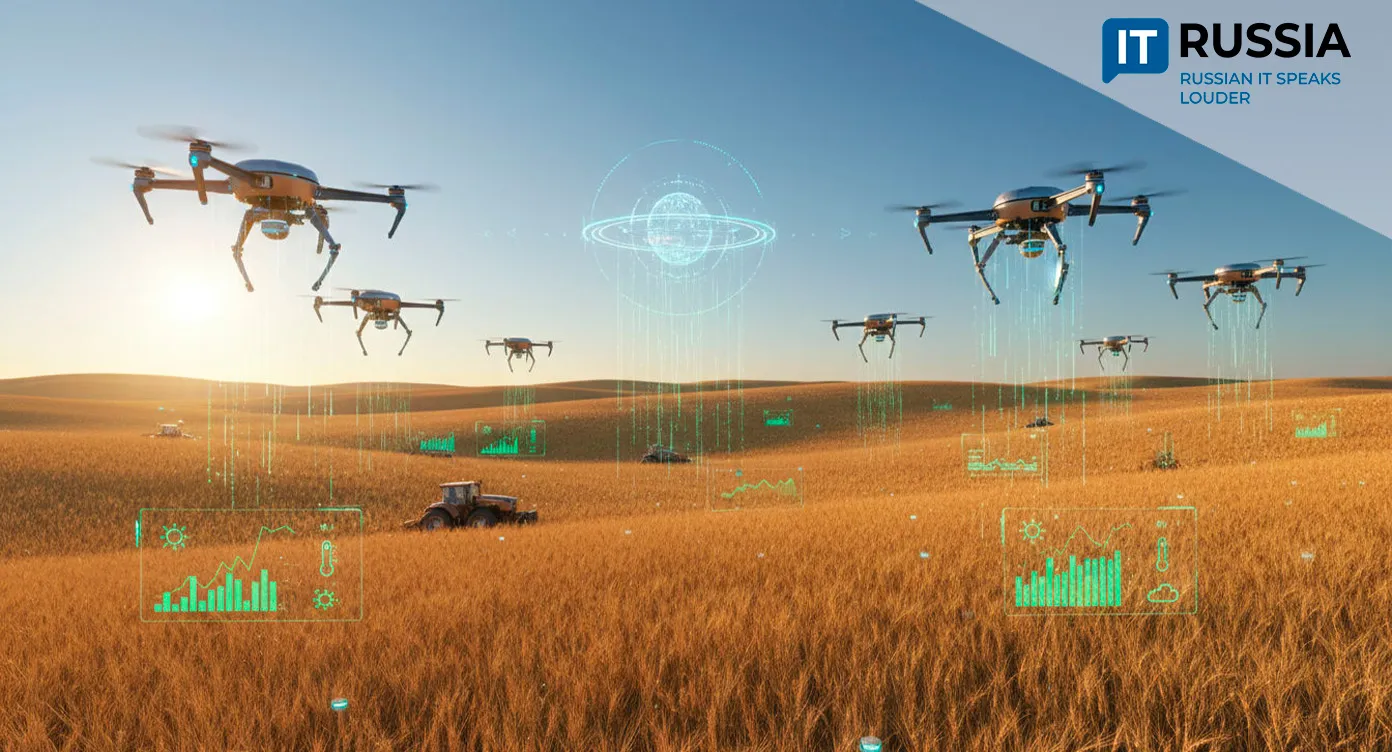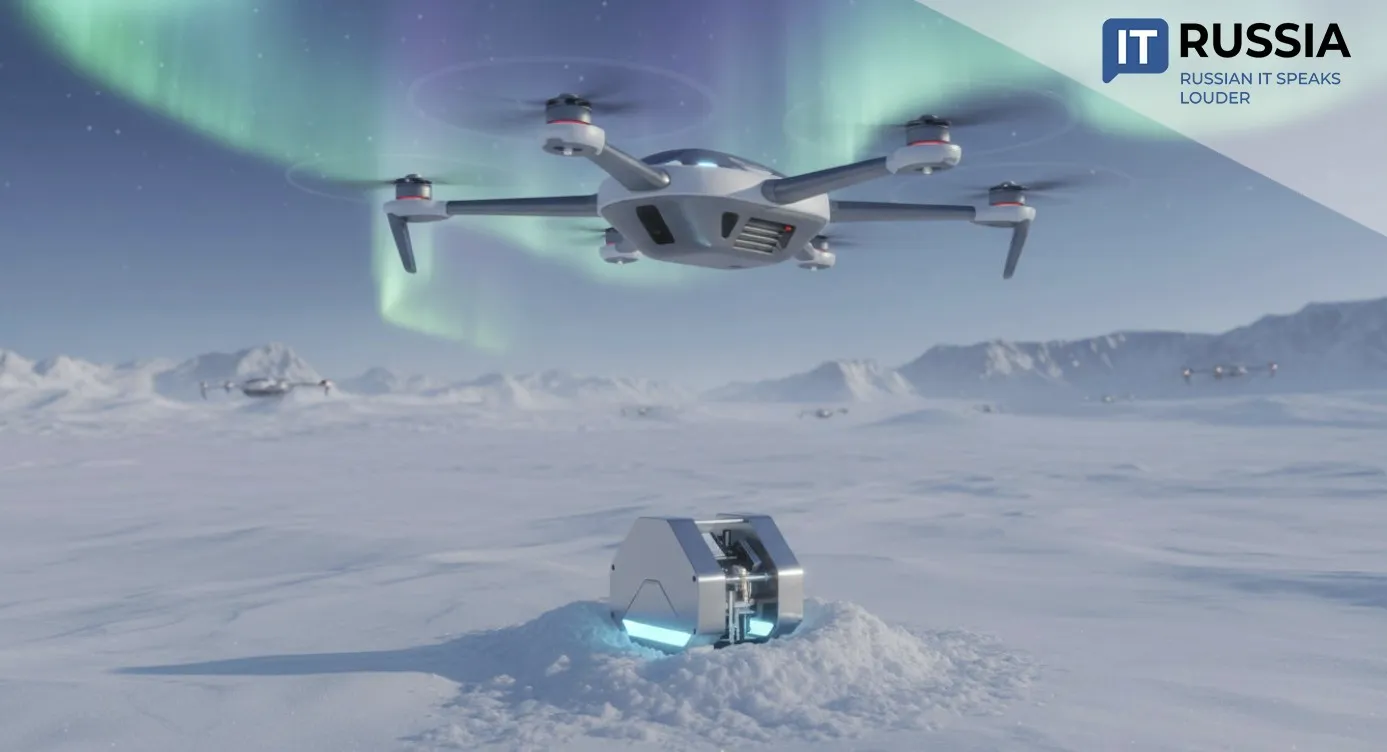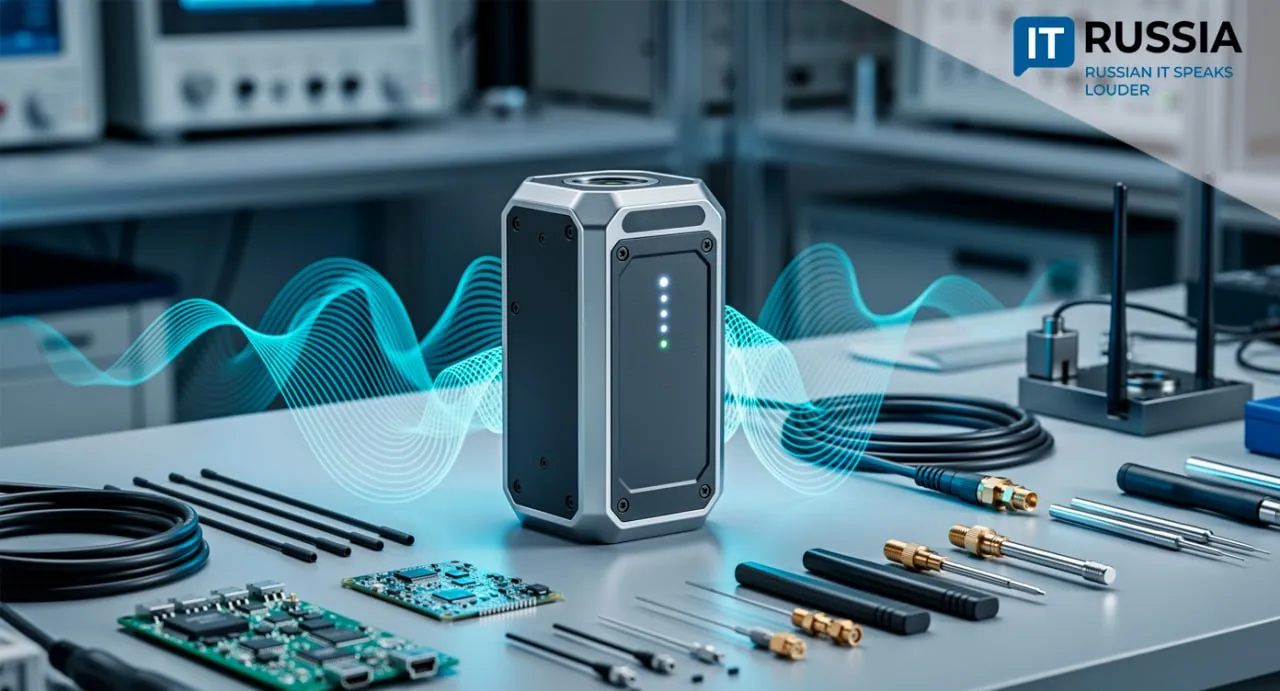Flying to the Rescue: Russian Drone Targets Crop Disease with Precision AI
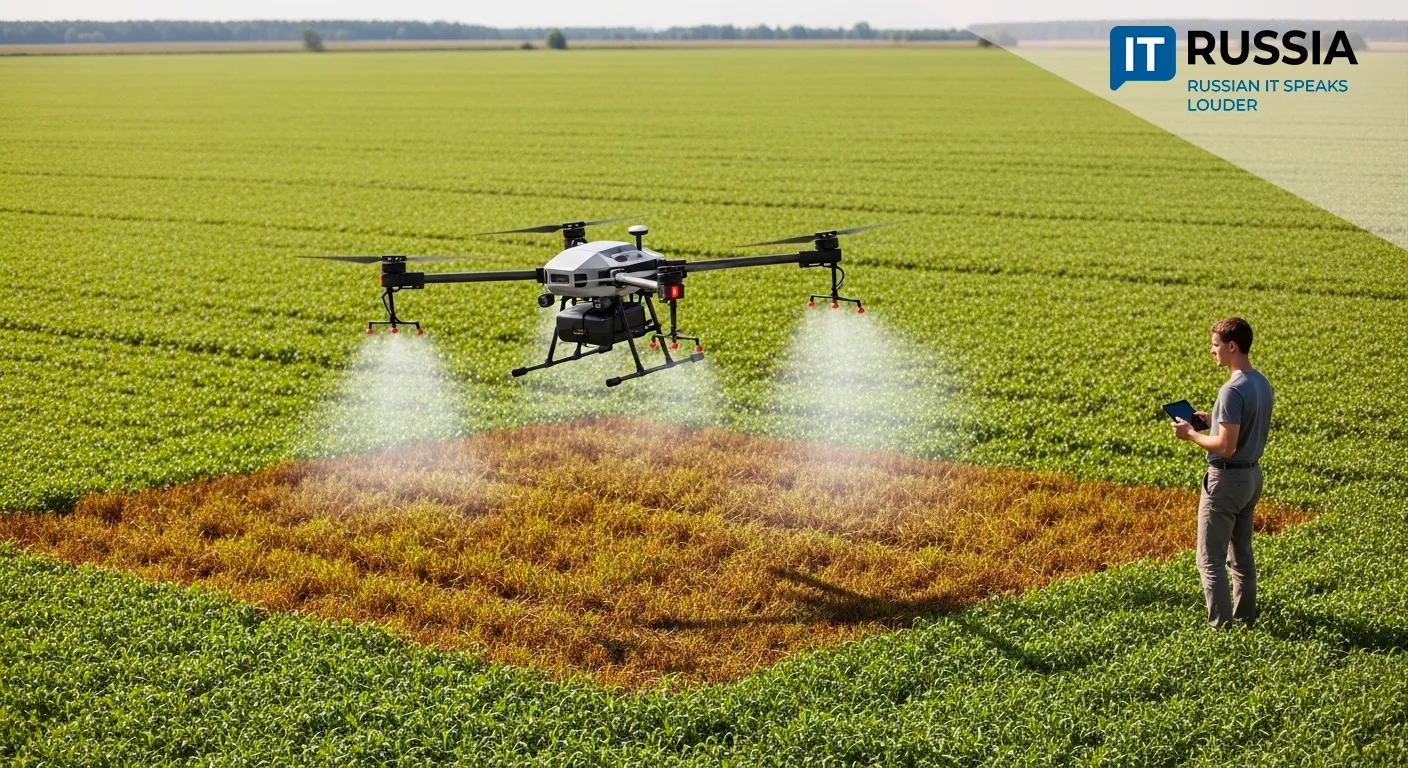
A recent agricultural breakthrough in Russia may help small farms and large operations alike reduce pesticide use, lower costs, and improve crop health through AI-guided precision spraying drones
AI on the Field: A Homegrown Drone for Smarter Farming
Maxim Labeev, a recent graduate from Ufa State Petroleum Technological University, has developed a unique agricultural drone capable of monitoring field conditions and treating only diseased crop areas. The drone, designed as a hexacopter, features a spraying module, custom-built software, and a neural network that identifies affected zones with precision.
Unlike conventional agricultural UAVs, this Russian-developed drone uses onboard artificial intelligence to scan crops and selectively apply fertilizers or treatments where needed, leaving healthy areas untouched. This reduces overall chemical usage, lowers environmental impact, and boosts resource efficiency.
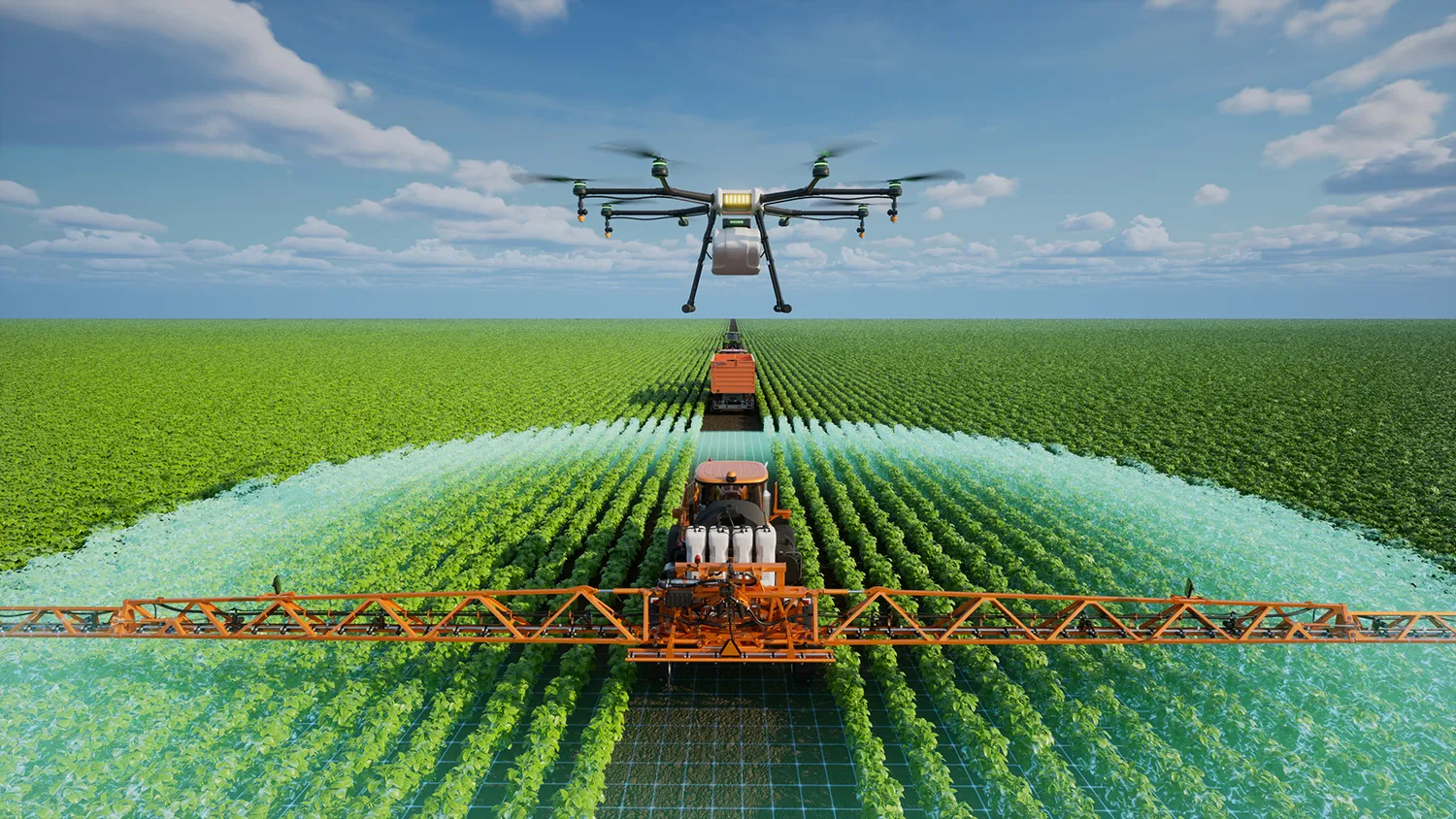
The system is also well-suited for agronomic research. Its adaptable design enables performance testing in difficult terrain and under varying agricultural conditions, making it a versatile platform for field trials and innovation.
Cost-Effective and Customizable
One of the most compelling features of Labeev’s drone is affordability. The base model costs just 120,000 rubles (around $1,300), two to three times less than international equivalents. This price point makes the technology accessible not only to large agribusinesses but also to smallholder farmers and rural research institutions.
The spraying system is modular and customizable, enabling users to tailor the drone to specific crops, terrains, and operational needs. Many commercial alternatives lack this degree of flexibility, which gives Labeev’s design a competitive edge.
The open-source software architecture also allows for continuous improvement. Planned upgrades include weather sensors, automated route mapping, and full integration with farm management systems. These features create long-term value for users and pave the way for innovation.
From Graduation to Commercialization
Labeev’s drone began as a senior thesis project but is now a fully-fledged startup supported by Ufa's Interuniversity Technology Entrepreneurship Center. The business model is solid: unit sales, maintenance packages, custom builds, and subscription-based leasing options.
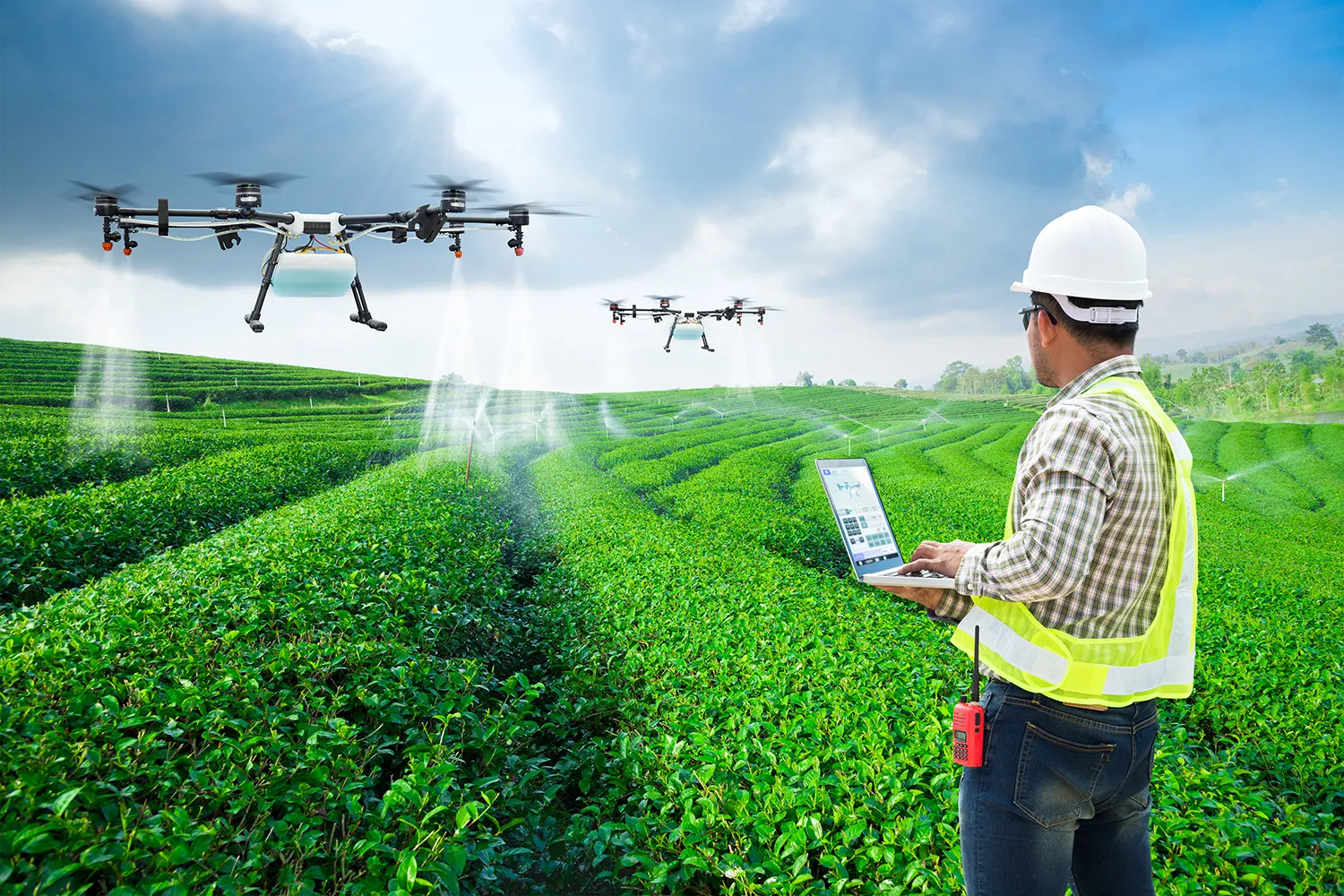
This entrepreneurial strategy, combined with the product’s technical merits, positions the company for rapid growth and export. The drone’s open software and hardware modularity make it easy to adapt for international use and diverse agricultural ecosystems.
Global Potential, Local Impact
Subsidies in some Russian regions help lower acquisition costs, and ROI is fast thanks to lower pesticide and fuel expenses. Environmentally, the impact is substantial — reduced chemical runoff into soil and waterways contributes to safer, cleaner agricultural practices.
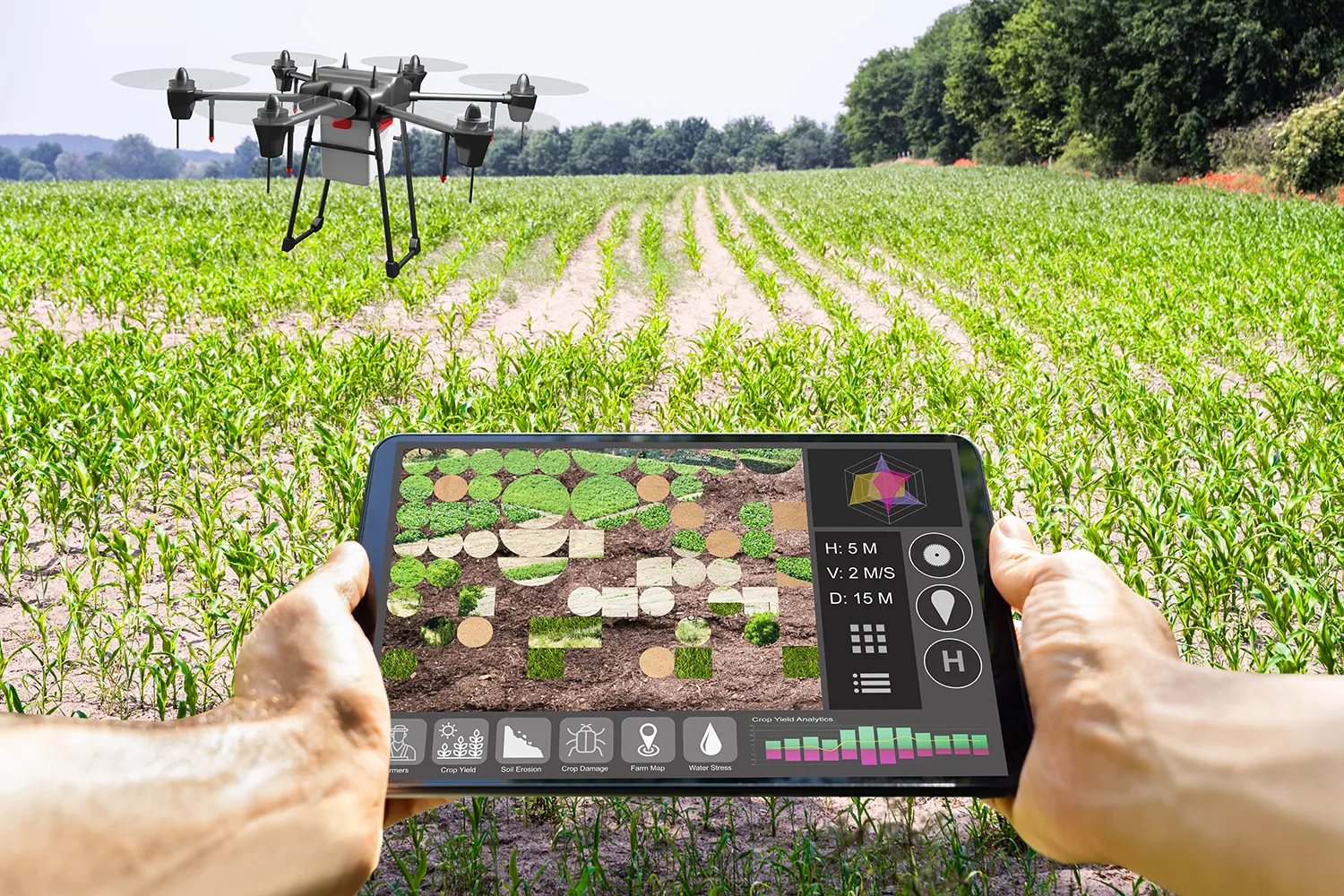
Given similar farming conditions and infrastructure, the technology could find rapid adoption across the CIS. But its relevance also extends to Asia, Africa, and Latin America, where smallholder operations dominate. In these areas, affordability and adaptability make it a potential game-changer.
As a case study in agtech localization, Labeev’s drone is a powerful symbol of Russia’s innovation potential. It demonstrates how local talent and academic support can deliver competitive, export-ready solutions in a highly globalized sector.


